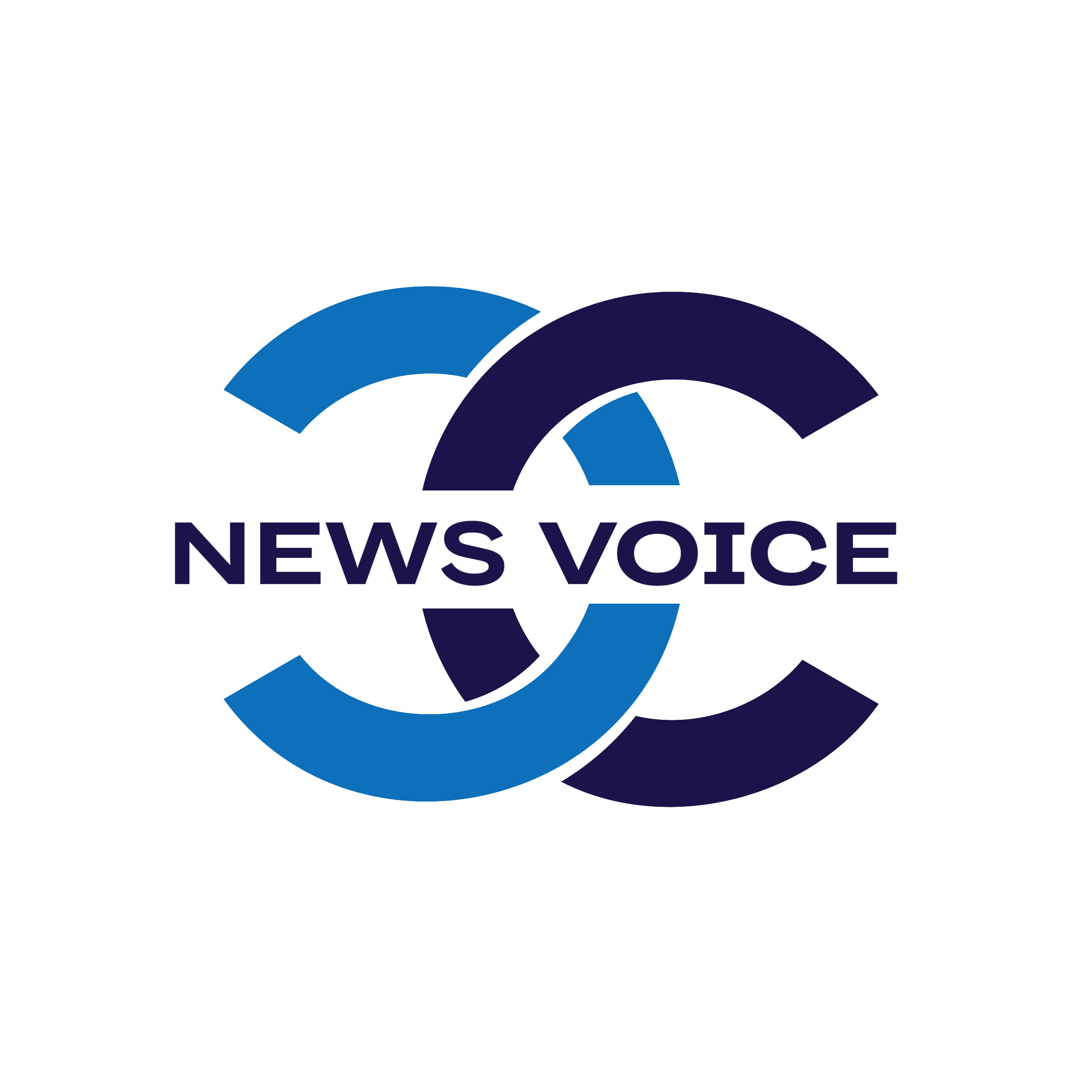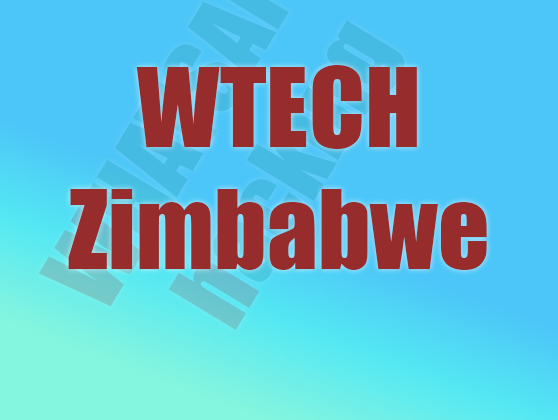Harare proposes sharp water tariff hikes in 2026 budget, eyes 100,000 smart water connections with massive US$234m injection

Harare proposes sharp water tariff hikes in 2026 budget, eyes 100,000 smart water connections with massive US$234m injection
https://chat.whatsapp.com/JFByMTBhBUXDmPX0plgXRm
HARARE City Council has proposed steep water tariff increases of up to 61 percent for high-density suburbs and a massive 188 percent for low-density areas in its US$690 million 2026 budget.
City authorities say this is meant to align charges with the true cost of producing and distributing water
Presenting the budget on Thursday, Finance Committee Chairperson, Councillor Costa Mande, said the adjustments were intended to ensure cost recovery while keeping rates affordable for low-consumption households.
“The 2026 water tariff review aims to align rates with cost recovery while maintaining affordability for low-consumption households,” said Cllr Mande.
“The lifeline band (0–5 cubic metres) remains moderately subsidised to protect vulnerable households, while consumption above 20 cubic metres will incur incremental cost recovery.”
This means that households that use very little water will continue paying lower, subsidised rates, but those that use more than 20 cubic metres will pay higher rates to cover the full cost of supplying water.
Under the proposed new structure, residents in high-density areas, who currently pay US$1.24 per cubic metre for the first 5 cubic metres would pay US$2,00, a 61 percent increase.
In low-density suburbs, the rate for the same amount of water would rise from US$1.70 to US$4.90 per cubic metre, representing a 188 percent hike.
Cllr Mande said the proposed hikes were informed by rising costs of water treatment chemicals, electricity and ageing infrastructure.
“The proposed tariffs have been indexed to supply costs and energy inputs to ensure that the city can sustain water treatment and pumping operations,” he said.
“At the same time, the tariff design ensures that industrial and commercial users contribute proportionately to the cost of service provision.”
If approved, the increases will significantly raise monthly bills for most households, especially those in low-density areas where consumption is typically higher.
While the city argues that the move will ensure sustainable water delivery, critics say it will burden already struggling residents, many of whom are not receiving reliable water supplies despite paying existing tariffs.
The proposal immediately sparked tensions among councillors during Thursday’s budget presentation.
Councillor Denford Ngadziore accused the Finance Committee of going against what had been agreed in an earlier inter-committee meeting, which reportedly resolved not to raise water tariffs this year.
Herald





